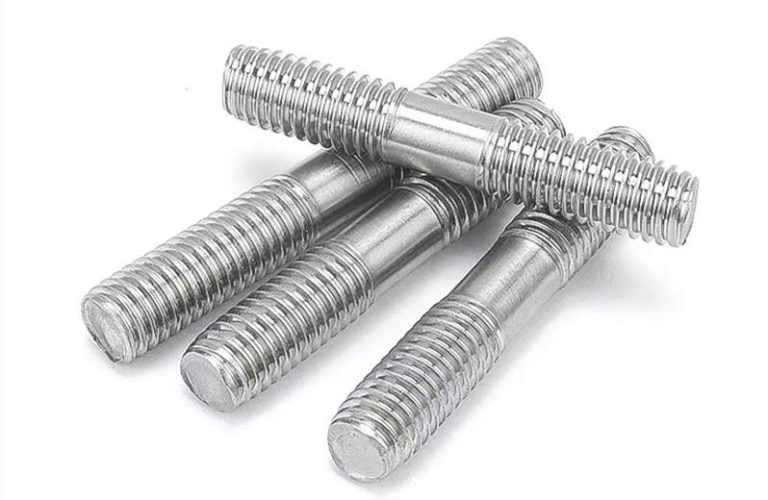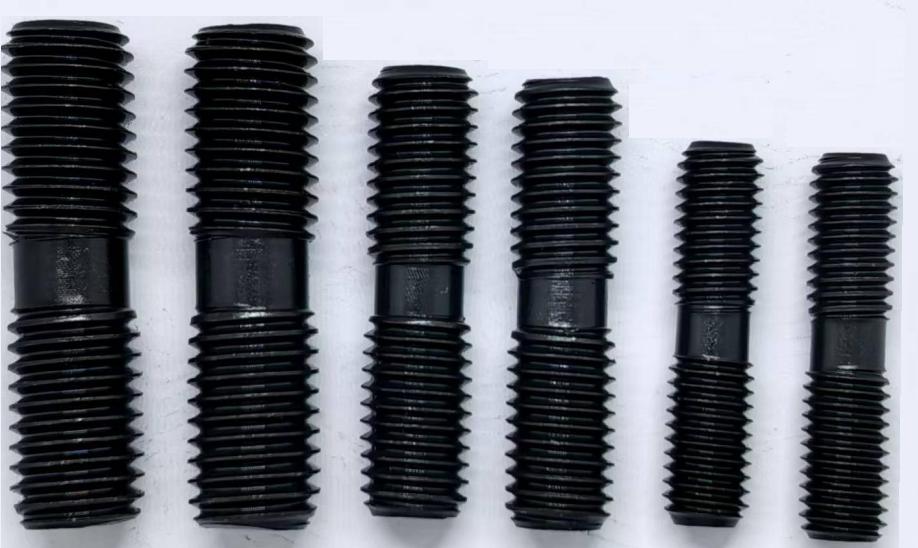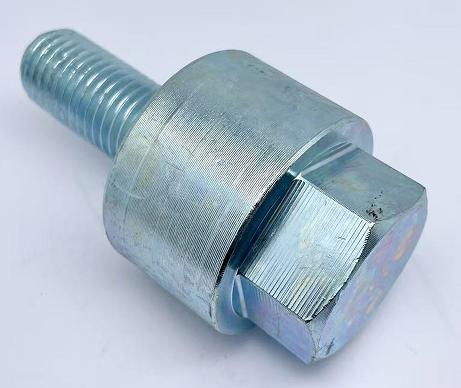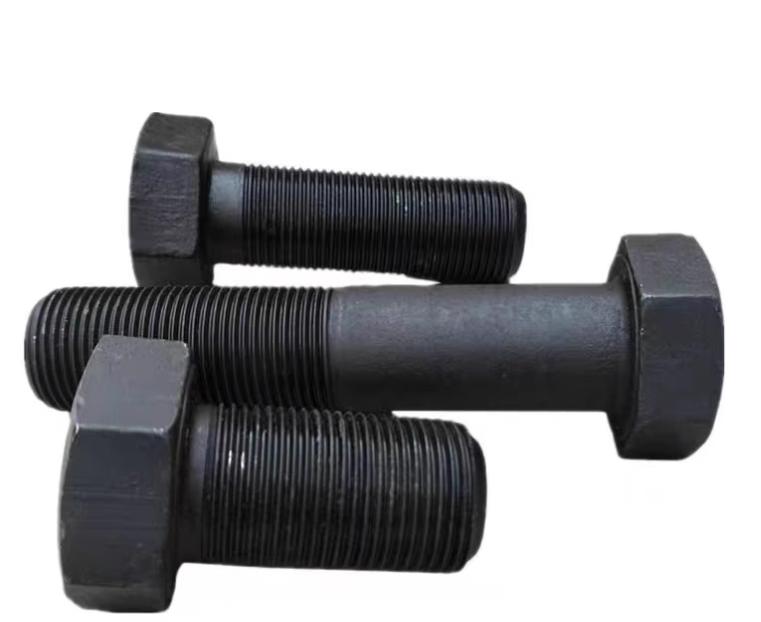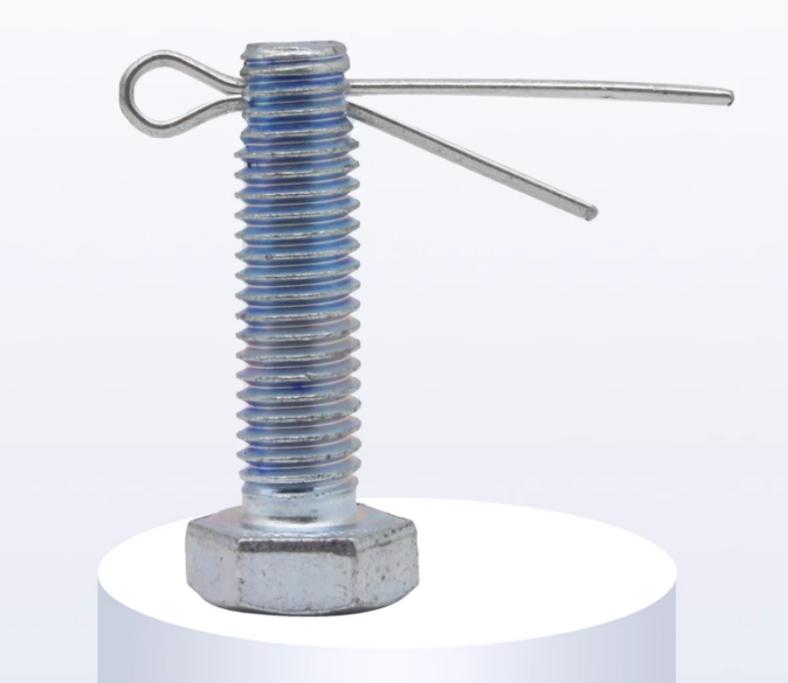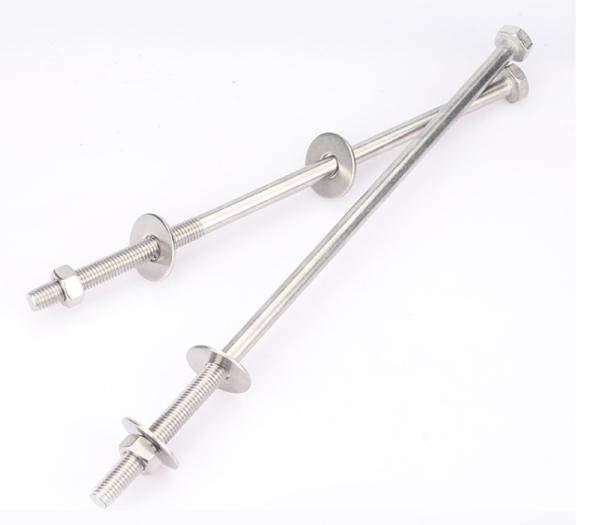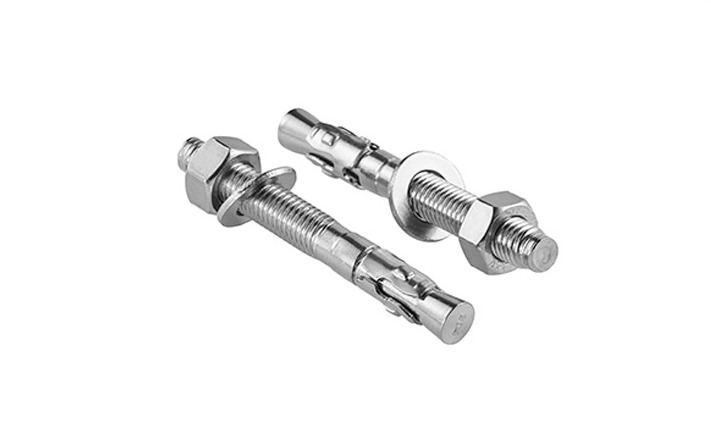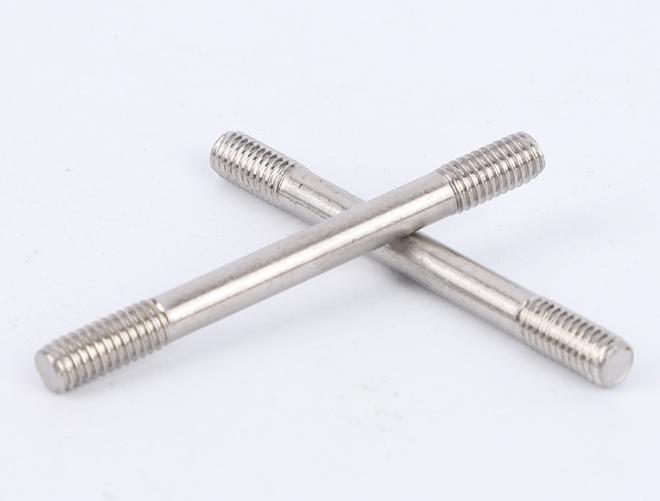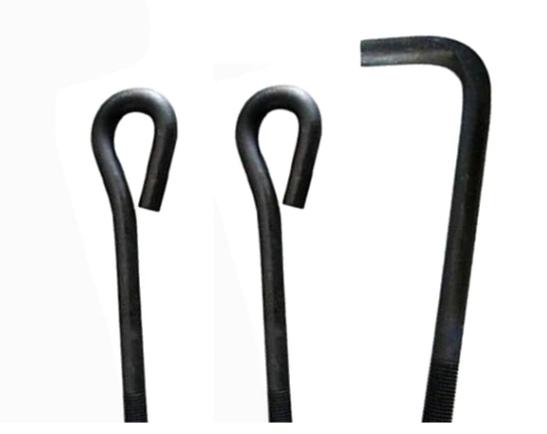What are Stud Bolts: Features, Types and Selecting Tips
Stud bolts are critical components in many industries, including building, manufacturing, and engineering. These specialty bolts play an important role in securely attaching materials and are used in situations where ordinary bolts may not be the most efficient solution. In this article, we will focus on the topic that what are stud bolts, delving into the concept of stud bolts, and exploring their features, types as well as applications and tips for selecting the right stud.

Table of Contents
What are the Key Features of Stud Bolts
Stud bolts’ basic characteristics contribute to their efficacy in firmly connecting components.
Dual-Threaded Design
The dual-threaded design of stud bolts is one of their most distinguishing characteristics. Stud bolts have threads on both ends, as opposed to typical bolts, which have a head on one end and threads on the other. They can be threaded into a tapped hole on one component while being fastened with a nut on the other.
Elimination of Thread Engagement Variability
Thread engagement can be difficult to achieve consistently and accurately in typical bolted connections. Stud bolts, on the other hand, alleviate this issue by providing a predefined amount of thread engagement on both sides. This removes the uncertainty associated with threading bolts through components and guarantees that the connection maintains uniform tension, adding to its overall durability.
Nut Flexibility
Stud bolts provide versatility in selecting the optimum nut for a given application. The stud’s threaded ends can accept a variety of nuts, including regular hex nuts, hefty hex nuts, and even flange nuts. This versatility enables engineers and designers to select the best nut for the job, increasing the efficiency and efficacy of the connection.
Enhancing Accessibility
Stud bolts are especially beneficial in situations where components are difficult to access or secure connections are required in limited locations. Using tools, the threaded ends can be readily put into tapped holes, and the nuts can be tightened from the accessible side. This functionality facilitates installation and maintenance, saving time and effort.
Tension Control
It is vital to maintain correct tension in bolted connections to ensure structural integrity and prevent loosening over time. Because of their design, stud bolts allow for precise tension management. The threaded ends can be torqued to achieve the necessary tension in the connection. This controlled tension helps the assembly’s stability and longevity.
Variability in Stud Bolt Types
Stud bolts are available in a variety of styles to meet a variety of needs. Fully threaded stud bolts, double-end stud bolts, tap end stud bolts, combination stud bolts, and weld stud bolts are all options for addressing special connection requirements. Engineers can choose the best type depending on load-bearing capacity, accessibility, and installation requirements.
Corrosion Resistance
Stud bolts come in a variety of materials, such as stainless steel, carbon steel, and exotic alloys. This helps engineers to select materials with the best corrosion resistance for various conditions. Corrosion-resistant stud bolts are essential in applications involving moisture, chemicals, or extreme temperatures.
Compatibility with Flanges
Stud bolts are frequently used in conjunction with flanges, which are flat, circular discs with holes in the center. Flanges are commonly used in piping systems and connections that require a secure seal. Stud bolts are threaded through the flange holes, and nuts are tightened on the opposite side, compressing the gasket between the flanges to establish a leak-proof connection.

What are the Common Types of Stud Bolts
Stud bolts are available in a variety of types, each customized to a specific application.
| Type of Stud Bolt | Description | Material Options | Applications |
| Fully Threaded Stud | Threaded along the entire length | Carbon steel, stainless steel, alloy steel | Flanges, pipe fittings, machinery assemblies |
| Double End Stud | Threaded at both ends with an unthreaded shank in the middle | Carbon steel, stainless steel, alloy steel | Heavy machinery, automotive, pressure vessels |
| Tap End Stud | Threaded on one end, other end is a plain or chamfered shank | Carbon steel, stainless steel | Bolted connections where one end screws into tapped hole |
| Shoulder Stud | Partially threaded with a smooth shoulder section | Alloy steel, stainless steel | Precise alignment in assemblies, rotating parts |
| Reduced Shank Stud | Thread size is smaller than the shank diameter | Carbon steel, alloy steel | High-strength bolted joints, structural steel |
| Weld Stud | Stud with one end designed for welding | Stainless steel, carbon steel | Structural steelwork, shipbuilding, construction |
How to Select the Right Type of Stud Bolt
Selecting the right type of stud bolt for your needs is vital to ensuring safety, durability, and optimal performance. Stud bolts come in various types and materials, each suited for specific environments and load conditions.
1. Understanding the Application Environment
One of the most important considerations is the setting in which the stud bolt is employed. For instance the chemical or marine processes expose bolts to corrosion-prone elements like chemicals or saltwater, and require the use of corrosion-resistant materials, such as stainless steel or special coated alloys. In applications with high temperatures the use of heat-resistant alloys is required to ensure the strength and integrity of the product.
2. Load and Stress Requirements
Stud bolts have to endure the mechanical stress and loads they face during their use. Knowing the type of load – whether shear, tensile, or a combination of the three is essential. Double-end stud bolts featuring solid shanks, as instance, offer greater shear strength, whereas fully threaded studs provide better grip to tension. The stud bolt’s strength and style to its anticipated load can prevent premature failure.
3. Size, Thread Type, and Length
The compatibility of stud bolts and mating parts is vital. This involves determining the appropriate dimensions, pitch of the thread and length to match the specific application. Certain applications require finer threads to ensure precise adjustment and resistance to vibrations, while others utilize coarse threads for faster assembly. The length must be able to allow for the size of connected parts, as well as allow for the proper engagement of the nut.
4. Material Compatibility and Durability
The choice of material affects not only the resistance to corrosion but also the durability and mechanical performance. The carbon steel-based studs often employed, but they may require protection from harsh conditions. Alloy steels have greater durability for applications that require heavy-duty. Be aware of galvanic corrosion, where metals come into contact as the stud bolt interacts with different materials.
5. Certification and Compliance
In industries that are regulated, such as oil and gas, or power generation, bolts for studs typically require strict specifications such as ASTM, ASME, or international certifications like ATEX as well as IECEx for areas that are hazardous. Ensure that the chosen stud bolts are compliant with the applicable standards will ensure security and legal compliance.
6. Installation and Maintenance Considerations
The ease of installation and the ongoing maintenance requirements may affect the selection to use stud bolts. For instance, studs with tap-ends make it easier to align assemblies when they screw into one tap hole and shoulder studs help with the precise placement. Also, taking into consideration the accessibility of replacement parts and repair services could reduce the time spent in.
7. Cost and Availability
Last but not least, budget limitations and supply chain concerns influence the selection. While high-end materials and specialized coatings can increase initial cost, they usually provide longer service lives and less maintenance. Achieving a balance between costs and performance is essential to make the right decision.

Summary
Stud bolts are essential in many industries because they provide secure, reliable connections between components. Stud bolts’ adaptability and functionality continue to make them a crucial component in the world of fasteners, whether in building, manufacturing, or aerospace.

